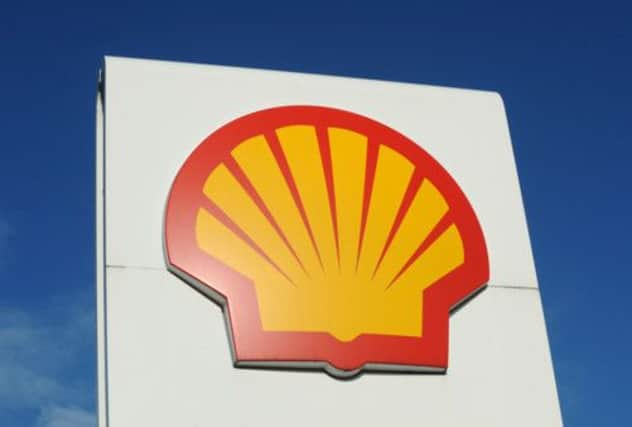Shell: Peter Voser vows to sell assets in Nigeria


The UK-Dutch company blamed oil theft and disruptions to gas supplies in Nigeria for a 21 per cent slide in profits, along with write-downs on the value of its North American shale oil reserves following a drop in prices and the weakness of the Australian dollar.
Voser, who will be replaced as chief executive in March by downstream director Ben van Beurden, said: “We have recently launched strategic portfolio reviews in both Nigeria onshore and North America resources plays, which will lead to further focus and divestments.
Advertisement
Hide AdAdvertisement
Hide Ad“We have completed some $21 billion [£14bn] of divestments in the past three years and some $4bn in the past 12 months alone, with more to come.”
Underlying profits fell to $4.6bn in the three months to 30 June, down from $5.7bn in the second quarter of last year and shattering analysts’ expectations for a rise to $5.9bn.
Peter Hutton, an analyst at RBC Capital Markets, noted that – even if the $700 million-worth of writedowns, foreign currency effects and Nigerian problems are stripped out – the results were still 11 per cent below consensus forecasts. News of the fall in profits came just days after arch rival BP’s second-quarter profits fell by 25 per cent year-on-year to £1.8bn, missing City forecasts as lower oil prices, a higher tax bill and maintenance work all took their toll.
Investec Securities analyst Neill Morton invoked the ghost of poet Rudyard Kipling in a note entitled “If you can meet with Triumph and Disaster…” to compare BP and Shell’s first- and second-quarter figures.
“The key lesson from both BP and Shell’s second-quarter results is not to get too carried away with single, blowout quarters,” Morton said.
“Earnings beats of 20-30 per cent in the first quarter have given way to similar shortfalls in the second quarter.”
The drop in profits didn’t stop Shell from increasing its second-quarter dividend by 5 per cent though to 0.45 cents (32p).
Voser said that Shell also remained on track to buy back up to $5bn of stock this year from its shareholders.
Advertisement
Hide AdAdvertisement
Hide AdJonathan Jackson, head of equities at Killik & Co, stuck by Shell despite the profits setback:
“Although the latest quarterly results were disappointing, we remain positive on the shares, given the impressive set of long-term investment opportunities, the strong balance sheet, the prospect of value-creating portfolio changes, and the attractive and reliable dividend yield that is growing in excess of inflation,” said Jackson.
Helal Miah, an investment research analyst at The Share Centre, echoed Jackson’s views.
“Despite these weak figures, we continue to recommend investors ‘buy’ Shell,” said Miah.
“The high dividend yield of around 5.3 per cent is attractive for income seekers and the stock should play the role of a core holding in investors’ portfolios.”
But Shell warned that its North American upstream business – which posted a $300m loss in the second quarter – would stay in the red during the second half of the year.
Richard Curr, head of dealing at Prime Markets, said that the market reaction to the news would be “disproportionately savage”.
“Most investors in this oil giant are probably feeling a little ‘shell shocked’, as the huge 60 per cent fall in earnings has come totally out of the blue.
“Peter Voser and his team have their work cut out to restore confidence in the oil giant, but until that happens, Prime Markets will continue to rate Shell shares as a firm ‘sell’,” said Curr.